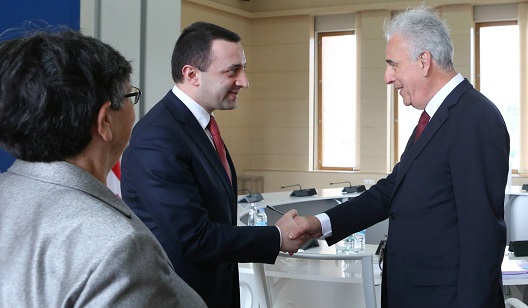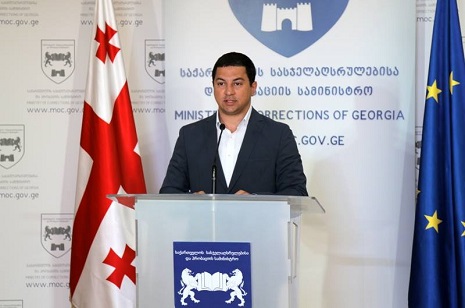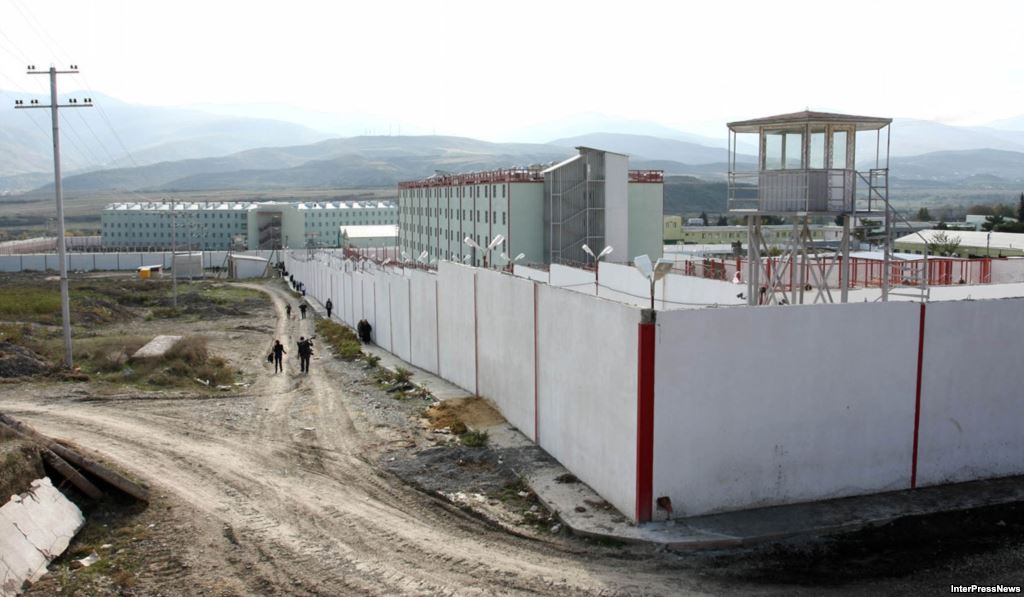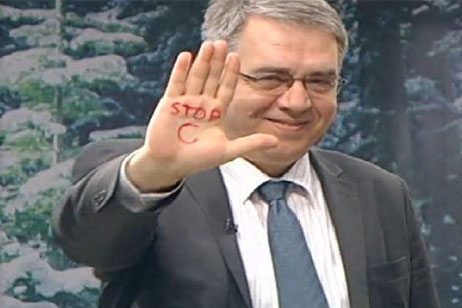PM discusses drug policy with international experts

Georgia’s Prime Minister discussed the country’s drug policy reforms with a delegation representing the Global Commission on Drug Policy.
Prime Minister Garibashvili said creating an effective drug policy was a top priority of the Government and officials had worked on implementing the reform with civil society representatives.
"Major steps have already been taken in terms of availability of treatment for infectious diseases to reduce infection rates,” Garibashvili said.
Under the Government’s new nationwide initiative to tackle Hepatitis C, 10,000 people are now eligible for subsidized medicine, while treatment is free in prisons where the disease is rife.
General members of the community with Hepatitis C now have the opportunity to buy treatment for 60 percent less than the normal cost.
Cut-price medication for many patients and free treatment for the prison population was named as a step to reduce the spread of Hepatitis around the globe.
At today’s meeting, the Prime Minister stressed that strengthening treatment, rehabilitation and harm-reduction programs and upgrading regulations to the modern requirements was on the Government’s agenda looking ahead.
Those included in the Global Commission on Drug Policy delegation were former President of Switzerland Ruth Dreifuss, ex-President of the Global Fund and Special Representative of United Nations Michel Kazatchkine, former US police officer Jim Kugel and one of the directors of Open Society Institute, Daniel Wolfe.
UN representative Kazatchkine welcomed the Georgian Government’s initiative and positively evaluated the reforms in the direction of improving Georgia’s drug policies.
"We spoke with the Prime Minister how drug policy could move from prison into the public sector, as they have to create more public help-based approaches. The reforms are focused on the health of each citizen and the entire society,” Kazatchkine said.
"In the case of a repressive approach, people would be afraid and hide, causing the threat of an epidemic in the country as well as in the region,” he said.
Today’s meeting with the Commission members was also attended by Archil Talakvadze, the country’s Deputy Minister of Corrections and Legal Assistance.
 Tweet
Tweet  Share
Share



